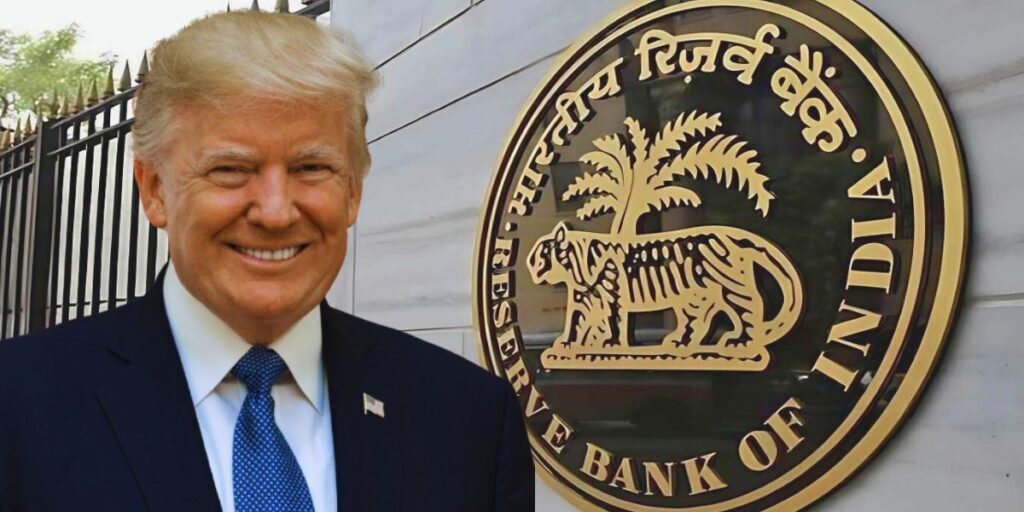Webdesk: Facing mounting pressure on the rupee due to escalating trade tensions with the United States, the Reserve Bank of India (RBI) has reportedly re-entered the non-deliverable forward (NDF) market in recent weeks to manage sharp currency fluctuations.
Bankers familiar with the situation told Reuters that the RBI resumed interventions in the NDF market over the past fortnight, marking a return to a tool it had mostly avoided for the past seven months.
This shift comes amid growing uncertainty over whether New Delhi can reach a trade deal with Washington.
The renewed pressure on the rupee follows US President Donald Trump’s surprise move to slap an additional 25 per cent tariff on Indian goods in response to New Delhi’s continued imports of Russian oil. Trump’s warning of further punitive measures has added to the strain.
The Indian currency dropped to a six-month low of 87.8850 against the US dollar on Tuesday, coming dangerously close to its record low of 87.95, last touched in February.
Traders believe the rupee could have breached that all-time low if the RBI had not stepped in to stabilise the market. On Thursday afternoon, the rupee was trading at 87.7275.
While the RBI has not officially confirmed its actions, at least two of the four bankers Reuters spoke with said that intervention likely continued into this week as well.
The move signals a departure from the policy under current RBI Governor Sanjay Malhotra, who had significantly scaled back currency interventions since taking charge.
According to Mitul Kotecha, head of FX and EM Macro Strategy Asia at Barclays Bank, the RBI is now expected to be “more aggressive in capping INR depreciation pressures,” especially considering the rupee’s already weakened position in terms of spot rate, NEER (nominal effective exchange rate), and REER (real effective exchange rate).
India’s trade and foreign policy challenges have become more pronounced amid these external shocks. The central bank’s revived use of the NDF tool highlights the limited options available to cushion the currency without risking further economic instability.
Read more:Swat: Pakistan Army, Rescue 1122 save 4 miners trapped in emerald mine collapse





